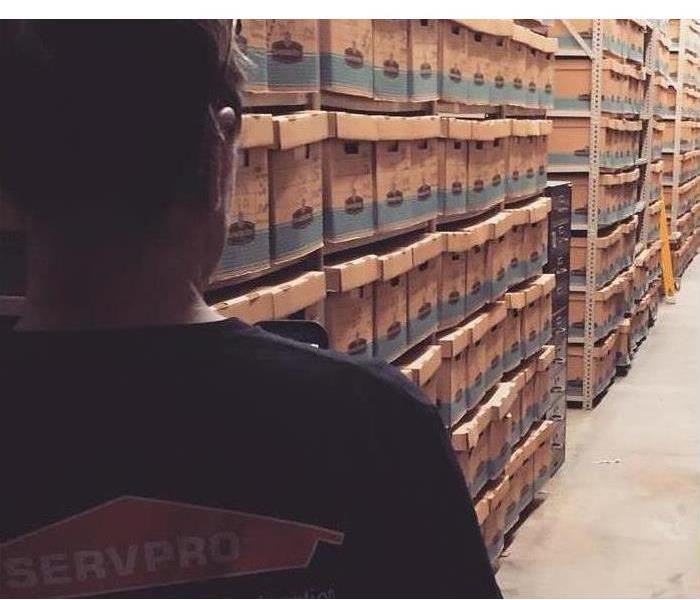Broken Pipes: What Will Your Insurer Cover?
12/30/2018 (Permalink)
While every insurance coverage policy varies and is conditional, a sudden flood caused by broken pipes will likely be covered. However, that is dependent on the underlying circumstances and conditions that resulted in the pipe failure. In signing the insurance contract, homeowners make a promise to maintain their property, which means that whether you are covered depends on your commitment to that promise.
Sudden and Unexpected Breaks
Most insurers will cover sudden and unexpected breaks, meaning that there was no way to predict the mishap. However, many insurance companies have certain expectations for upkeep. Therefore, it is a good idea that you keep all receipts from inspections and repairs to prove that negligence was not a part of the pipe failure.
Secondary Damage
For flood claims that pass muster, an insurer will likely cover secondary damage as well. Secondary damage refers to any items that were harmed because of the water buildup or broken pipe — for instance, carpets, furnishings, artwork, important documents and any other material or equipment that may have been harmed.
Possible Prevention and Restoration
In addition to covering damage, many insurers will provide funds to fix a broken pipe, restore the damage, and even upgrade elements to prevent a potential disaster in the future. As these are significant expenses, your insurance provider may require you to get several quotes and estimates from emergency restoration companies in the Hamilton, OH, area. These companies are typically one-stop shops for all of your restoration needs, either handling your case entirely in-house or helping to facilitate contracts for renovation efforts.
A flood caused by broken pipes and leading to water damage is a significant problem for homeowners, but homeowner’s policy agreements usually protect them in these instances. As long as the homeowner can disprove negligence, if not already apparent, then an insurer will likely have no issue approving coverage on your insurance claim.




 24/7 Emergency Service
24/7 Emergency Service
